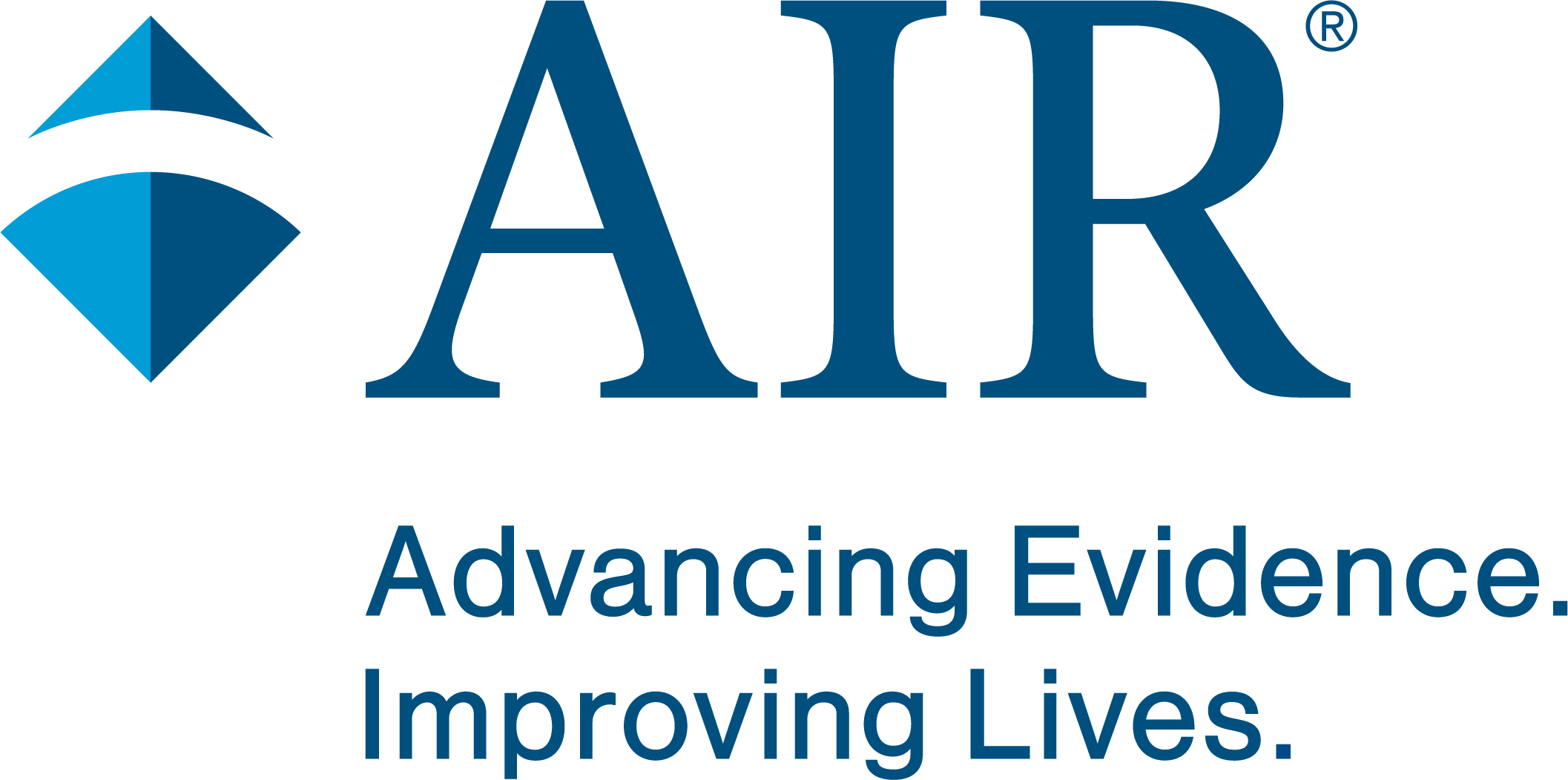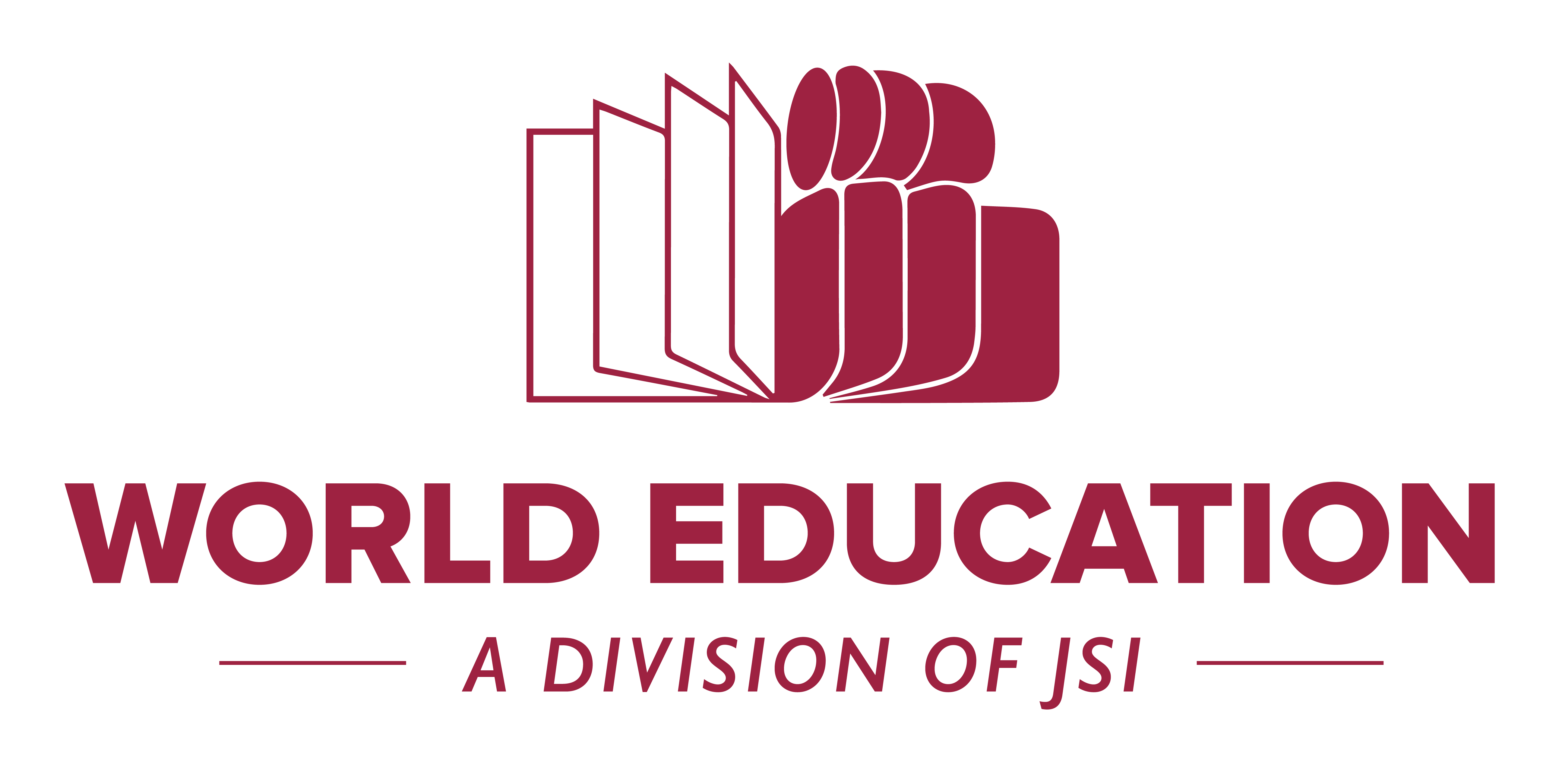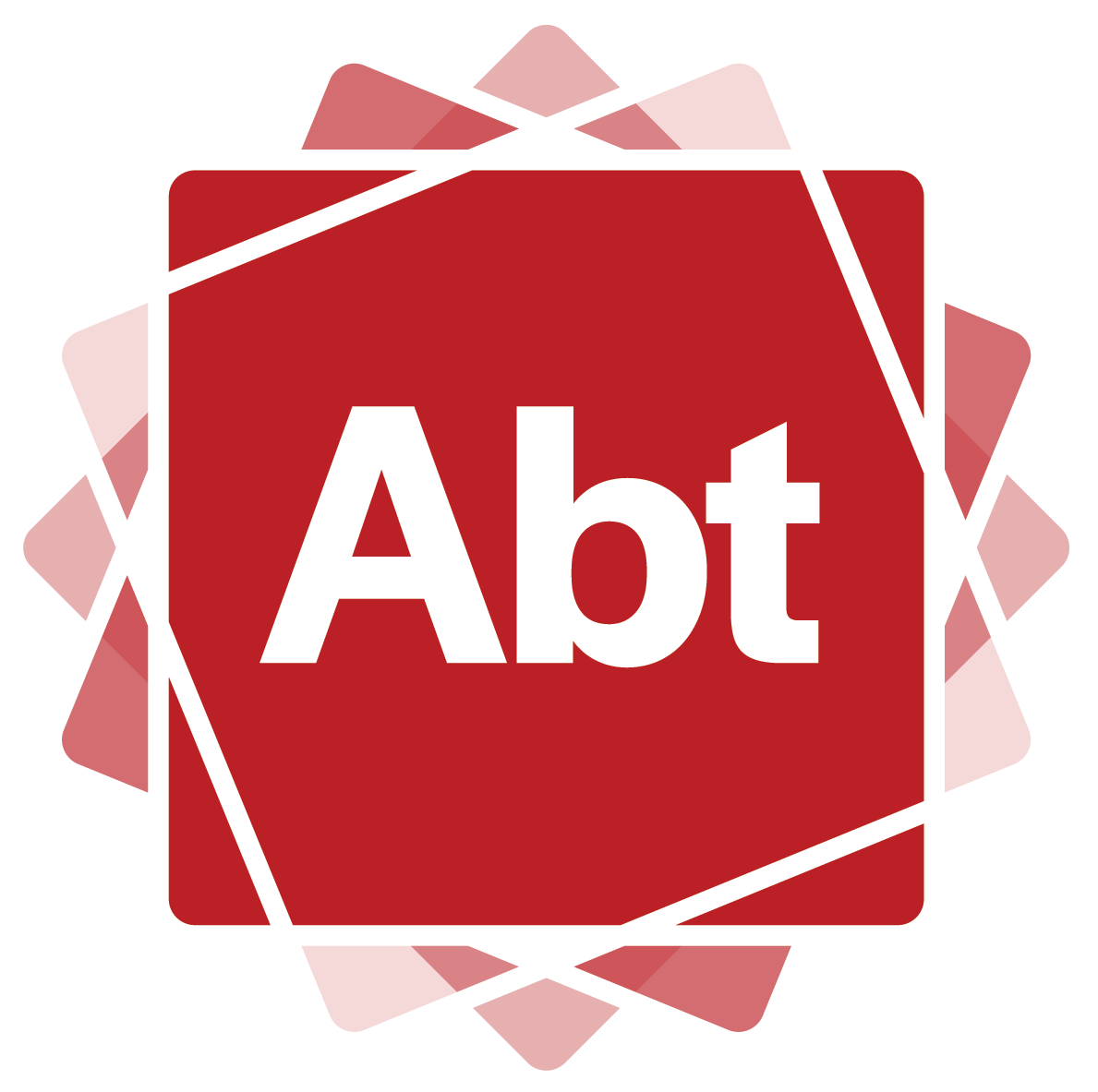- TESOL 2025 (Event posted:
)
With thousands of attendees, hundreds of education sessions, and 50+ exhibits, the TESOL International Convention & Expo is the largest professional development event in the English language teaching field.The convention offers a wide range of engaging professional development opportunities to English language teaching (ELT) professionals at all levels from around the world. In lively interactive sessions, you'll develop a global perspective through the exchange of ideas, research, and… - COABE 2025 National Conference (Event posted:
)
The Coalition on Adult Basic Education (COABE) 2025 national conference will be held at the Hyatt Regency in Dallas, TX! We invite you to enjoy the world’s largest adult education conference where you will access new best practices and receive targeted training from national level speakers. Fifteen state of the art strands, comprised of nearly 500 breakout sessions will be offered over 3-4 days, providing valuable, state-of-the-art training that you will be able to take back to your adult… - Association for the Study of Higher Education (ASHE) Conference (Event posted:
)
"The intent of the 2024 conference theme, “I Am A Scholar,” is to not only consider our own identities as scholars, but to consider who we are as a scholarly community. As you reflect upon your own ideas about what makes you a scholar, I invite you to consider dismantling the hierarchies that have been constructed about who is worthy of the title “scholar.” I believe these often create barriers to better policy, practice, and scholarship.The theme is not about navel gazing, something for which… - IDEAL EdTech Innovations: An Open Conference on Digital Education (Event posted:
)
The IDEAL Edtech Innovations Conference is open and free and helps participants deepen their knowledge about digital education for adult learners. Throughout the half-day event, participants can choose to attend lightning talks or participate in an EdTech Maker Space focused on GenAI. There will be ample opportunities for engaging in dialog with subject matter experts and your peers from across the US. IDEAL Consortium member attendees will have access to workshops to help them leverage IDEAL… - Using a DEIA-Informed Approach Improves Curriculum Development for Adult Learners (Blog posted:
)
Dr. Christine Miller and Dr. Daphne Greenberg Researchers put a lot of effort into ensuring that the content of a curriculum aligns with theory and previous scholarship. However, content issues should not be the only consideration. Diversity, inclusion, equity, and access (DEIA) issues need to also be addressed. The best intended curriculum will be unsuccessful if it fails to address the heterogeneity of adult learners, instructors, and settings. The goal of the W-AE (Writing in Adult…






